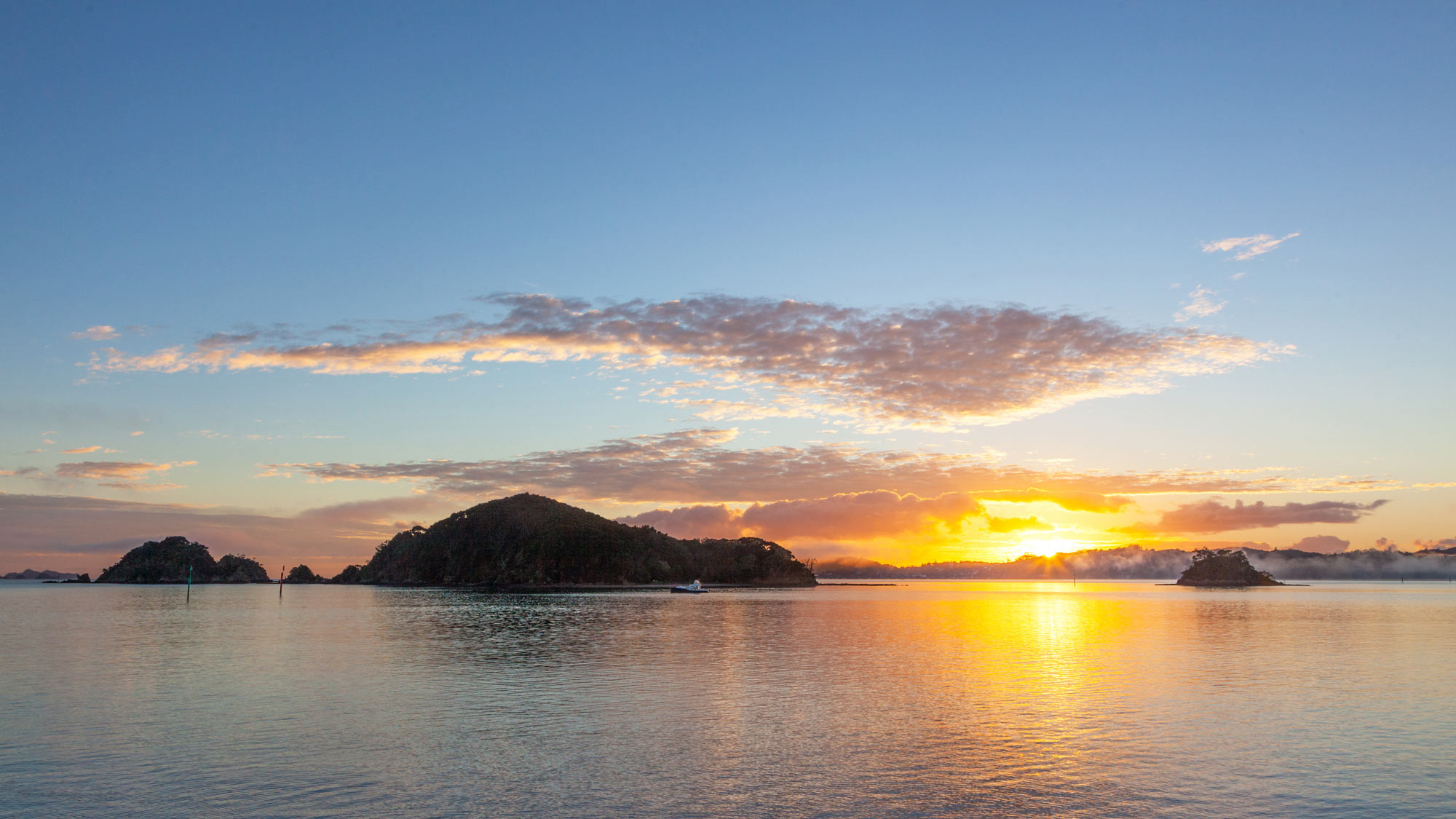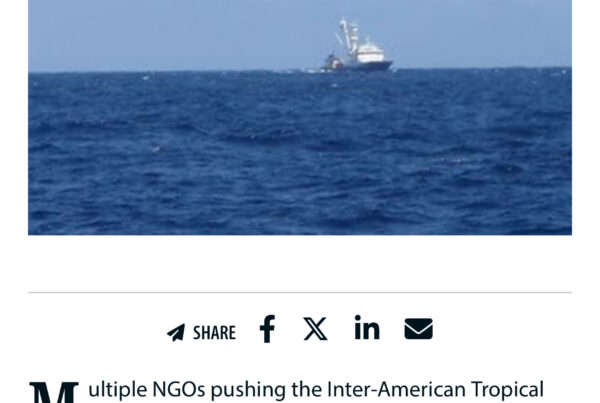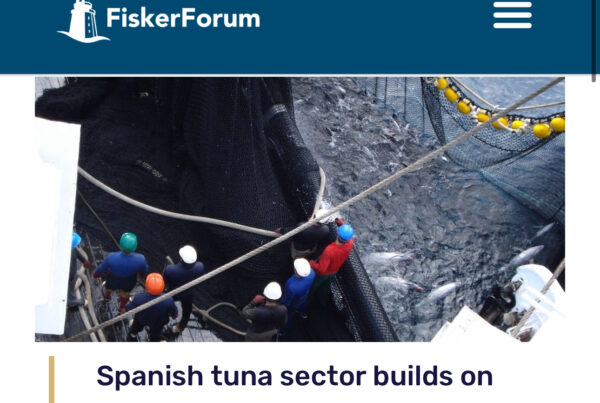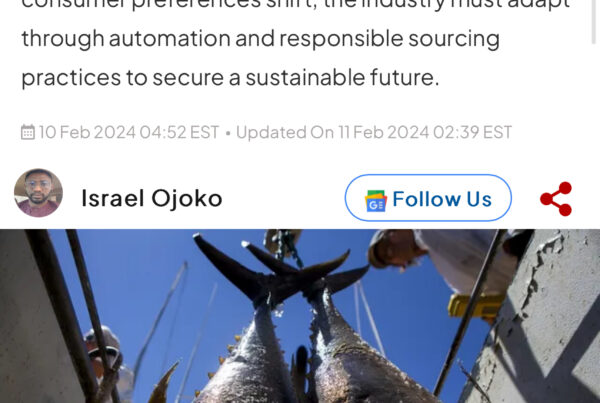Countries could see big economic losses and hits to their overall food security if climate change pushes the stocks farther east.
Pacific leaders are developing a new warning system, not against hurricanes, tsunamis or even erupting volcanoes but rather the looming departure of vital tuna from their territorial waters in the years to come.
That so-called “advanced warning system” is part of a larger, $70 million proposal currently moving through the United Nations to help Pacific Island countries better react to the changing global climate. Their communities are already bearing much of the brunt of that crisis even though they’re among those least responsible for it.
Now, 14 of those Pacific nations aim to better understand the full extent of the upheaval that they’ll face as climate change pushes significant masses of tuna out of their waters and farther east. Most depend heavily on fishing access fees, paid by foreign purse seine fleets, in order to sustain their economies.
“We want them to have the best science,” said Johann Bell, a senior director at Conservation International, which is helping the coalition develop its tuna warning system. “If the world is prepared to act in other aspects of climate change … there’s no reason why the world shouldn’t act on those tuna projections as well.”
Armed with the best possible projections, those Pacific nations can better negotiate on the world stage for the compensation they’ll need to offset the economic losses and damages due to the great tuna displacement, he added.
So far, the research shows that as much as 20% of the tuna stocks that swim through the waters of at least 10 Central and Western Pacific nations, such as the Solomon Islands, the Marshall Islands and Kiribati, are expected to relocate farther east over the next 30 years or so, as climate change alters the prevailing ocean weather patterns.
At that rate, those countries could collectively lose around $90 million annually in fees that various foreign purse seine fishing fleets pay to access their waters, according to the research estimates. Purse seines are giant industrial fishing nets, and the fleets that deploy them across the Pacific largely hail from China, Europe, South Korea, Japan and the United States.



